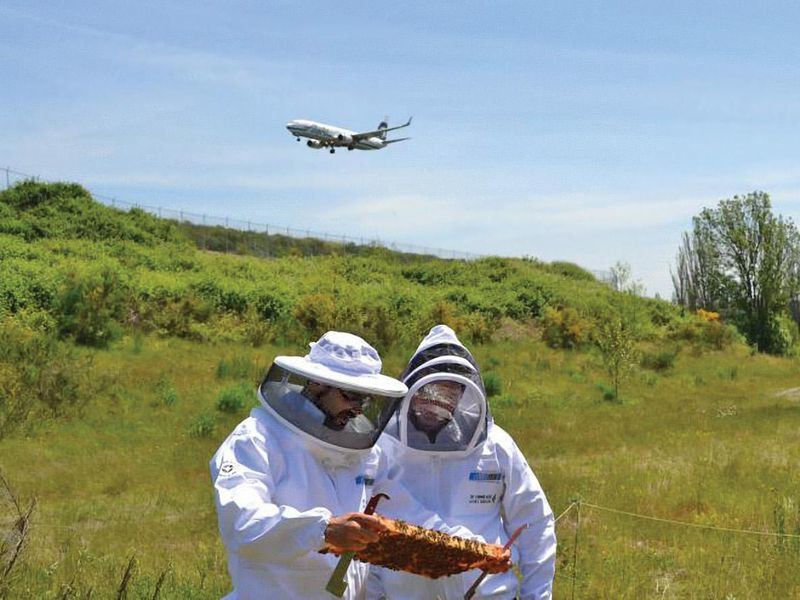Manuka honey reduces breast cancer cell growth by 84% in prelim studies
Manuka honey reduced breast cancer cell growth by 84% without harming healthy cells or causing major side effects, according to preliminary studies. The findings open the door to developing a natural, non-toxic supplementary, or potentially stand-alone… Continue reading Manuka honey reduces breast cancer cell growth by 84% in prelim studies
